Is Plastic Plate Washing Machine Reusable Label “BPA No,” safe or unsafe? This means that the materials contain the chemical element of bisphenol A (BPA), which is a molecule that makes plastics more rigid. This might be determined by looking at the label on the plastic.
Plastic, unfortunately, has been found to be affecting food and drink in the container by BPA, and there is some evidence that its consumption may harm human health.
Plastic containing BPA should not be placed in the dishwasher because the heat produced by your dishwasher has the potential to leak BPA from the plastic containing it, and so the plastics containing BPA should not be put into the 2 dishwasher.
Even if the word “BPA” does not appear anywhere in the packaging, you should be careful before putting some items into the dishwasher.
Some businesses claim their products do not include BPA, even though they use alternative compounds (such as BPS, BPF and BPAF) that may have health effects comparable to BPA. This is done to distinguish themselves from their competitors.
It is recommended that before placing an item in the dishwasher, first check if an item contains BPA. This is because the washing can remove items without BPA.

Plastics that are used for use only once, such as empty containers and beverage bottles made from materials, cannot be cleaned in a dishwasher.
They’re not just made of one type of plastic that’s not designed to withstand heat, which means they’ll get warmed and worthless, but also the plastic that’s used to make them isn’t designed to withstand heat, which means they’ll get warmed and worthless.
Plastic that can be cleaned in dishwasher must be used for making outdoor plates and tableware, baby bottles, plastic crushing boards and acrylic glasses; However, some safety precautions are required to clean these cases. In particular, outdoor plates and knives should be made of plastic that can be cleaned in a dishwasher.
Plastic, regardless of how long it takes, is still prone to damage at a very high temperature that tolerates its resistance. If a plastic bottle or container is marked as reusable, you should put it in the dishwasher.
However, there are several criteria you need to follow before you can do so. When washing these kinds of products, you should always place them on the top row (a great distance from heating components), and you should avoid using serious cleaning cycles or disinfectant.
Instead, you should stick to the standard cleaning and washing cycle. 1. If it’s made out of a kind of plastic you can’t put anything in the dishwasher, it determines the type of plastic that. There are some types of plastic that can be melted while others can’t.
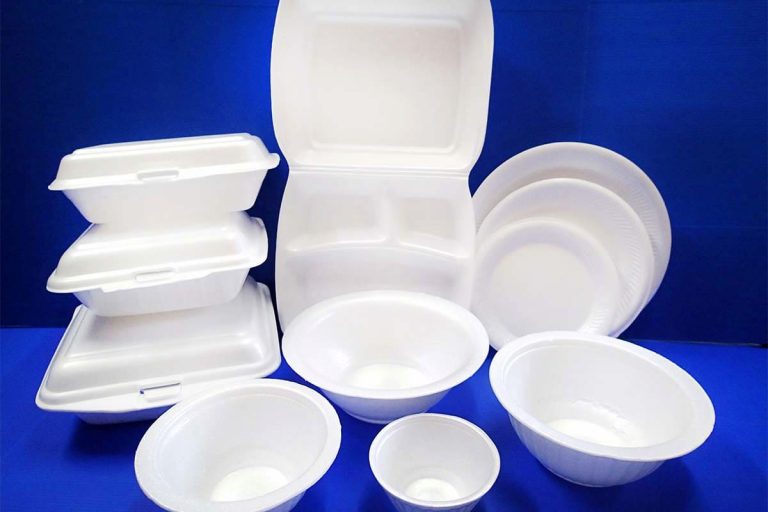
Some items made from plastic are designed to be heat-resistant and washing operation from detergent that is carried out during the cycle of a dishwasher.
These can be found. Since these products are specifically developed to withstand the harsh conditions of the dishwasher, these goods are usually selected as a “safe dishwasher”.
Below is a list of common types of plastic along with an assessment of how they clean the container. However, if you have not made a decision yet, this information will help you. Plastic may actually be found in any part of our kitchen and can be found in a wide range of shapes. Plastic is widely available.
There are three distinct types of plastic: one that is hard and long-lasting, like the kind used to make lunch boxes and knife handles; one that is soft and flexible, such as the type used to make folding coffee cups; And one that is thin and transparent, like the kind normally used for food storage containers or plastic bottles.
However, regardless of how common the material is, the type of plastic case you have will affect whether it can be cleaned in a dishwasher. Even if it is widely used, it is still true. This is true despite the wide availability of plastic.
Neither anything made of plastic can be cleaned in the dishwasher, nor anything made of plastic, such as plates, glasses or other containers, even labeling that says it can be cleaned in a dishwasher. The creator is the one who can answer this question.
Since there seems to be a lot of doubt about the safety and what it is not, it is vital for us to be aware of the limitations on the use of plastic containers for food and drink. They include a ban on certain types of containers.
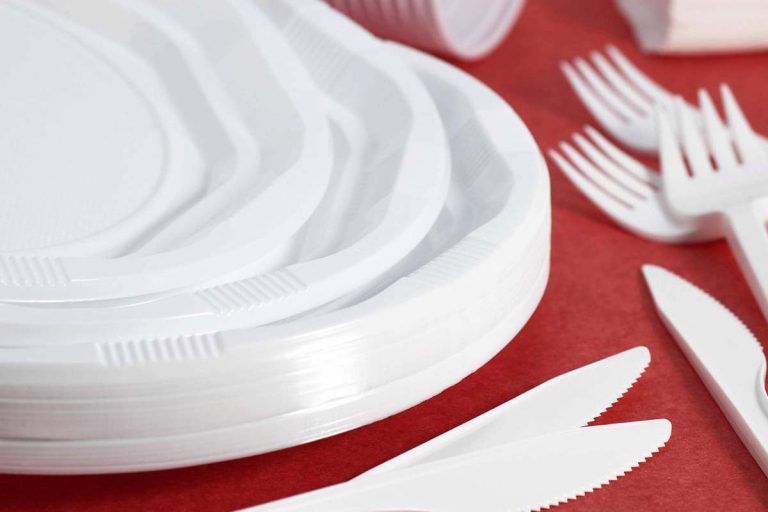
One of the most common concerns of people is regarding the use of dishwashing machines, uniform wear, and the strain created by plastic, which consists of a plastic ball wound through a dishwasher. When the plastic is heated, there is a risk that certain chemicals such as bisphenol A (BPA) and phthalates are released from materials. This is a source of concern.
A substance known as BPA or bisphenol A is the most important chemical that should be discussed in this context.
This issue was first recognized in 2010 when the Canadian government decided to ban the use of Bisphenol A in child and sippy cups. The decision was made in response to growing concerns about the potential side effects that may have on human health.
In response to Canada’s limited use of BPA in baby bottles, manufacturers began adopting BPA alternatives. This was proved to be dangerous after a detailed study.
The results of studies worldwide show that bisphenol A, also known as BPA, is a material that can impair endocrine function. This suggests that this process is a natural process and has great potential to eliminate natural human development.
In addition, there is evidence that linking contact with BPA to issues related to behavioral neural function, obesity and cancer.
The Food and Drug Administration (FDA) in the United States took a similar action in 2012, when it banned the use of the substance in baby bottles, food containers and other consumer products made of comparable plastics. These products include children’s bottles, crockery and other consumer products.
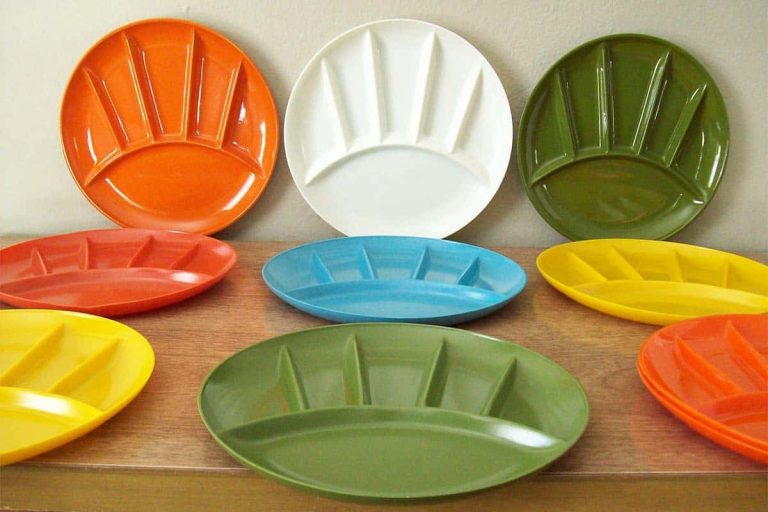
Safe dishwasher plastic plates
Due to high temperature, plastic plates may change shape, deform or change color in the safe dish. Despite being tested and trusted to use in dishwashing machines, some plastic containers can always be damaged over time.
I’ve seen the dishes and plates that are supposed to be safe for washing the dishwasher and bleach in the dishwasher. In addition, it is possible that they will be dissolved.
It can be a hard effort that will take you away from all kinds of plastics and how their properties differ from each other.
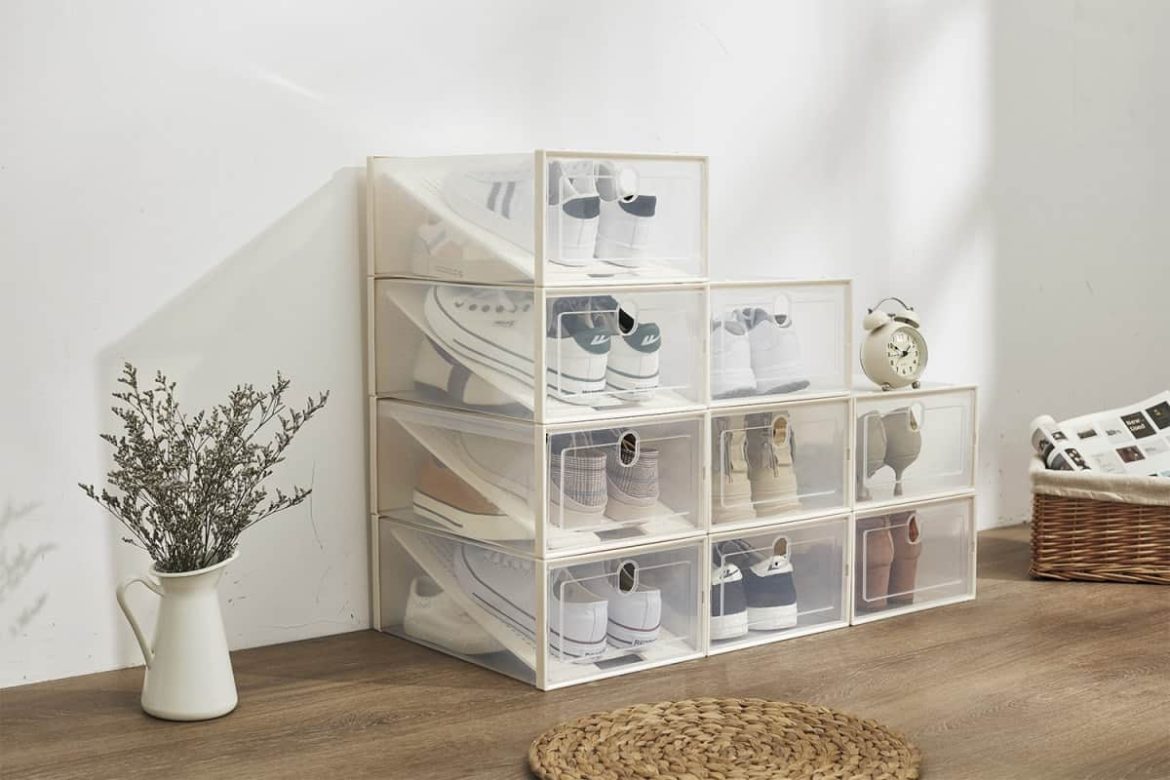

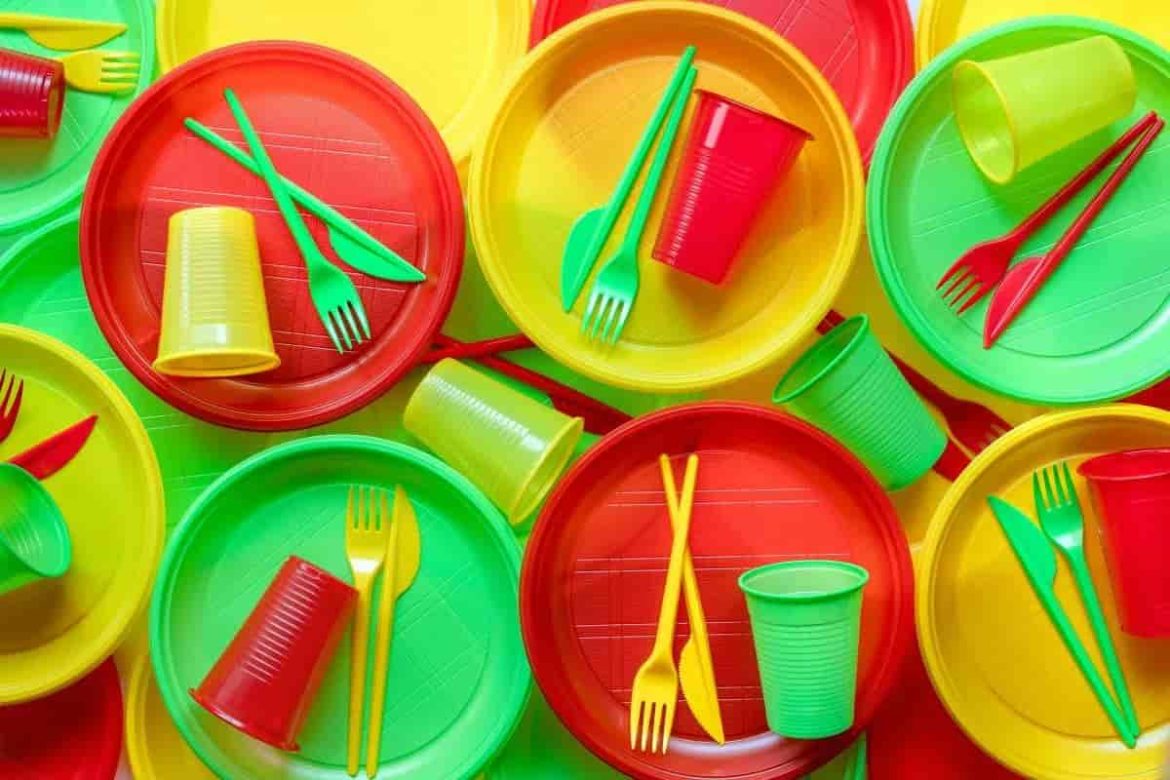
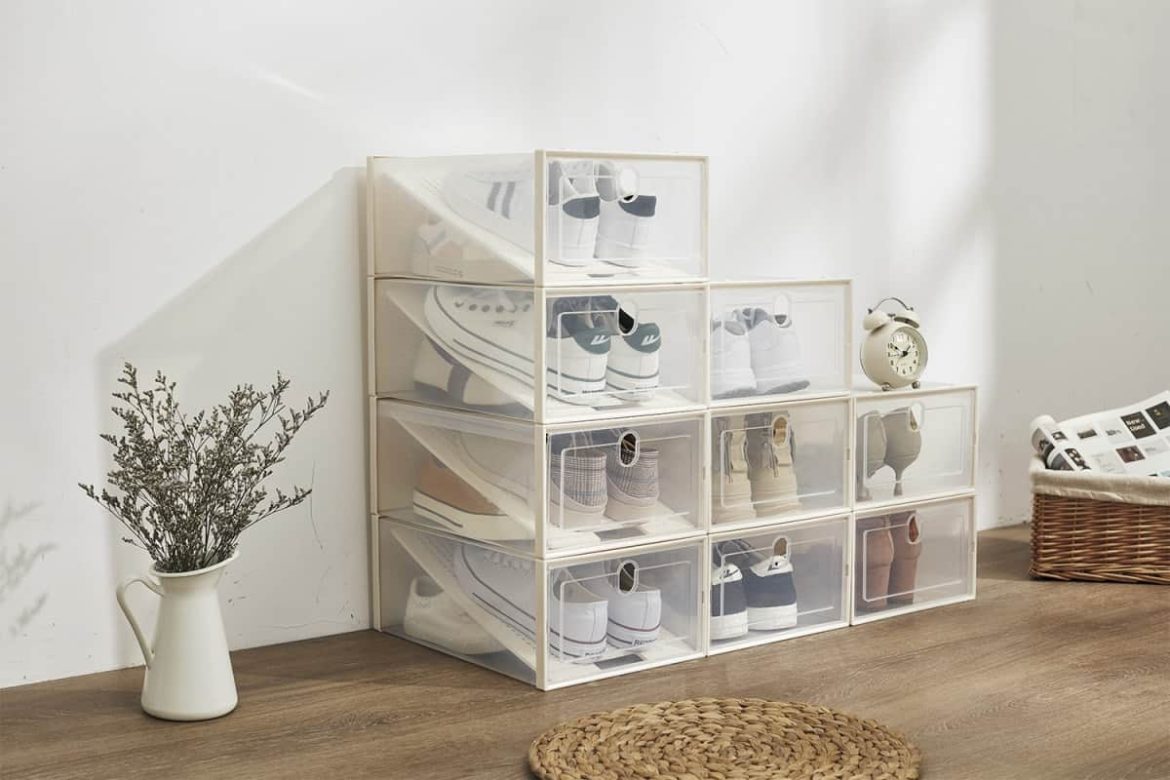
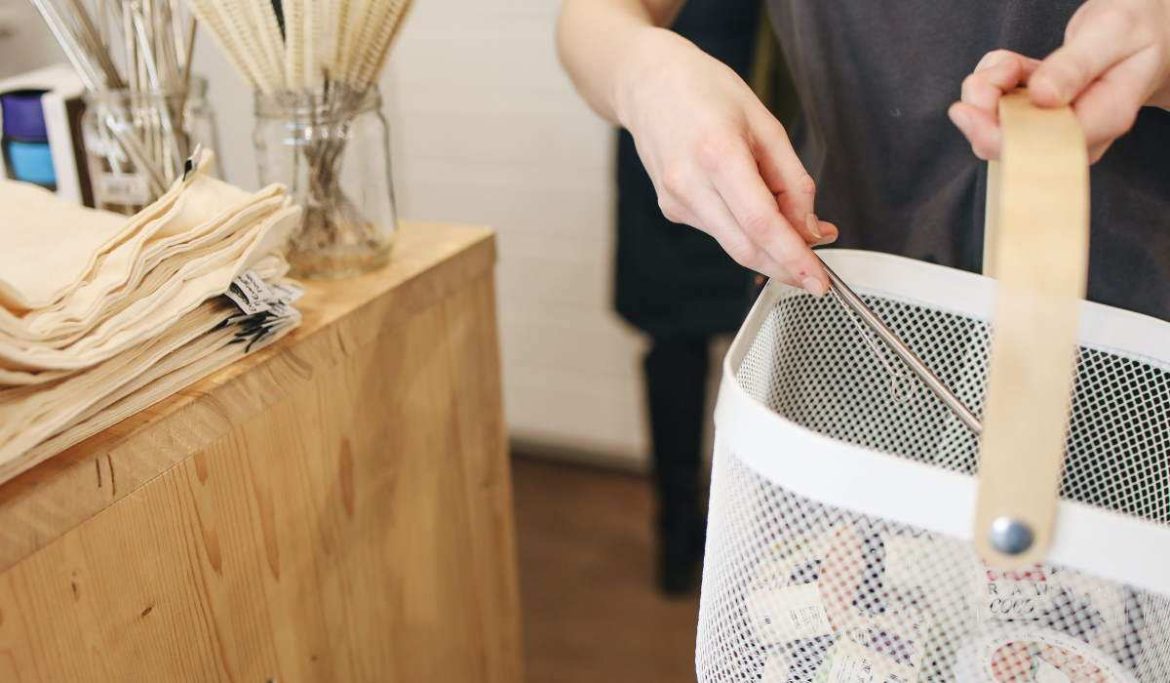

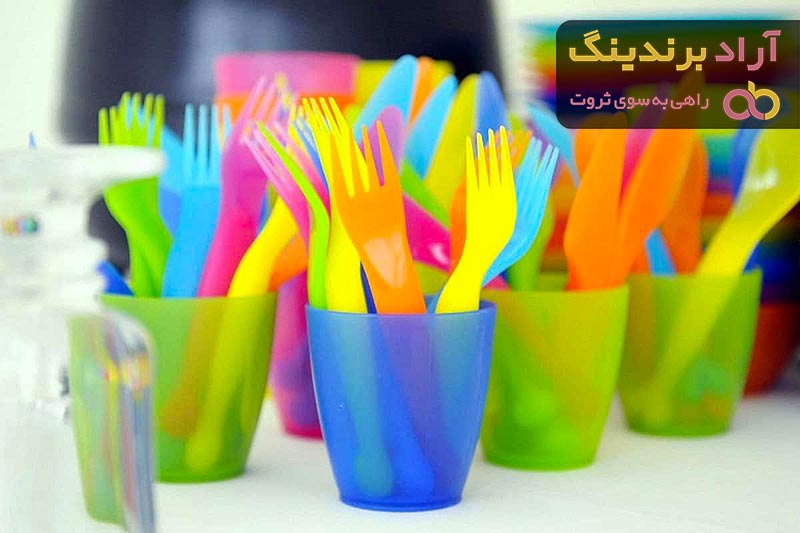
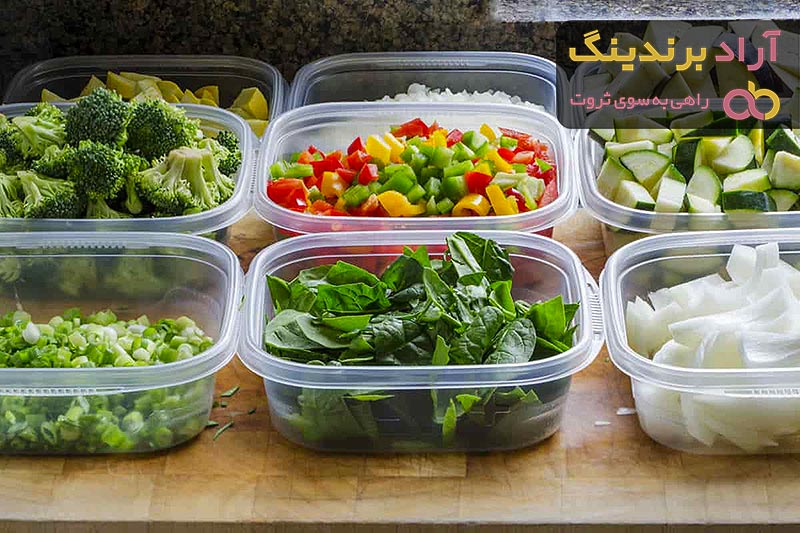


Your comment submitted.